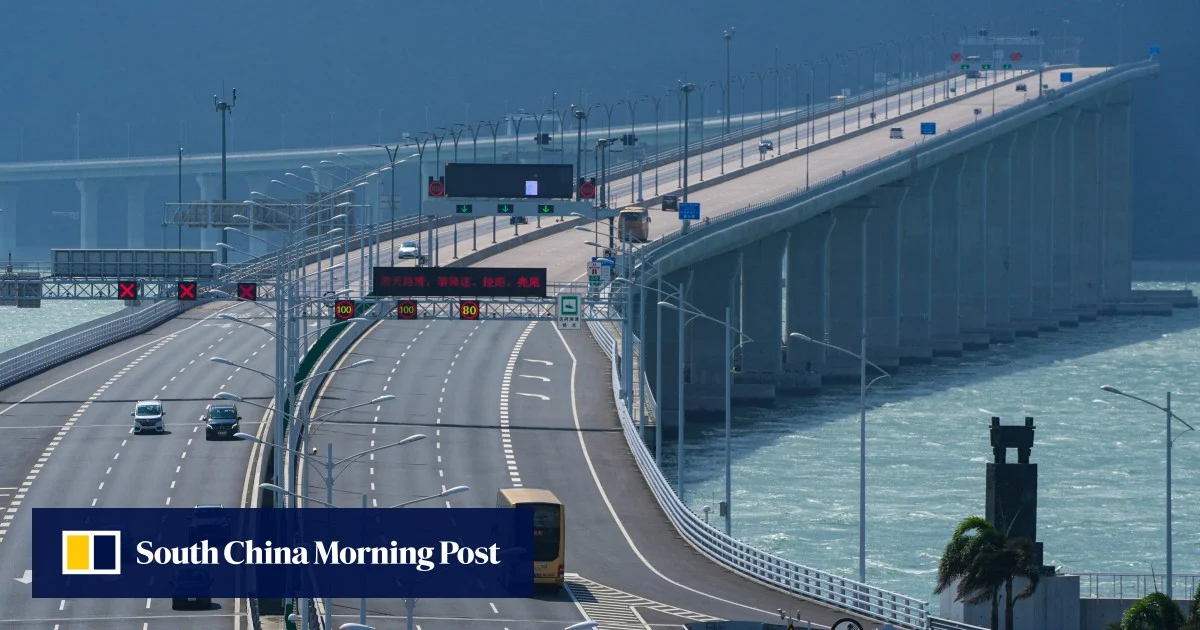Friday, July 4, 2025
Global Growth of the Muslim Travel Market
The Muslim travel sector is witnessing a significant surge, with projections suggesting it will reach an impressive $235 billion by 2030, up from $189 billion in 2024, according to the recently published 2025 Mastercard-CrescentRating Global Muslim Travel Index (GMTI). This market is rapidly gaining attention, as it addresses the unique needs of Muslim travelers. These include halal food, designated prayer spaces, and accommodations that respect Islamic values. Destinations that strategically invest in such services are likely to benefit from long-term competitive advantages as this segment continues to grow.
The Rise of Halal Travel
The halal travel market is becoming an increasingly influential force in the global tourism industry. The GMTI ranks 145 destinations across the world based on a four-point framework: Access, Communication, Environment, and Services. The booming market is driven by three key trends: a growing Muslim population (expected to rise from 2.12 billion in 2024 to 2.47 billion by 2034), higher disposable income, and better access to travel infrastructure.
By 2024, international arrivals of Muslim travelers were already 10% higher than pre-pandemic levels, signaling strong recovery and highlighting the growing importance of catering to this market. The demand for halal-compliant services is expanding globally, not just in the Middle East, but also in various non-Muslim-majority countries, as more destinations recognize the lucrative potential of attracting Muslim tourists.
Southeast Asia Takes the Lead
Southeast Asia stands at the forefront of attracting Muslim travelers, with Malaysia leading as the top destination for Muslim-majority countries. Singapore follows closely among non-Muslim-majority nations. Both countries have built robust infrastructures to serve the needs of Muslim tourists, offering halal food, Muslim-friendly accommodations, and convenient prayer facilities.
Additionally, Thailand and the Philippines are emerging as serious contenders in the halal travel space. The Philippines has even introduced a halal-friendly beach in Boracay tailored to Muslim families. To strengthen its position, the Philippines Department of Tourism has been expanding halal food certifications and providing training to tourism operators, ensuring they meet the needs of Muslim visitors.
Countries such as Taiwan, Hong Kong, Japan, South Korea, Vietnam, and Cambodia are also stepping up their efforts to offer halal-friendly services. Among non-Muslim-majority countries, Hong Kong and Taiwan rank third and fourth, respectively, in the GMTI, reflecting their commitment to meeting the demands of Muslim travelers.
Understanding the Needs of Muslim Travelers
There’s a misconception that halal travel is exclusively relevant to Middle Eastern destinations, but the reality is that any destination can appeal to Muslim travelers by offering halal food and faith-compliant services. Muslim travelers are divided into three categories based on their level of adherence to Islamic practices: strictly practicing, practicing, and less practicing. Each group has different needs and expectations:
- Strictly practicing Muslims require facilities that adhere exclusively to halal standards, such as halal-only dining and dedicated prayer areas.
- Less practicing Muslims, on the other hand, may be more flexible, preferring halal food but not necessarily requiring other faith-based services.
- The most important considerations across all groups are halal food, access to prayer spaces, and a culturally respectful environment.
For destinations seeking to tap into this market, providing these essential services is crucial for attracting Muslim travelers.
Accessibility: A Growing Concern
Accessibility is an often overlooked yet critical component of halal travel. Many Muslim travelers, particularly those with families, may be traveling with elderly or disabled relatives. According to the United Nations Tourism, nearly 50% of people over the age of 60 have some form of disability, yet many destinations are still not equipped to cater to the mobility needs of all tourists.
Destinations aiming to attract Muslim travelers must ensure that their accommodations, transportation options, and prayer spaces are wheelchair accessible and suitable for those with limited mobility. Recognizing this gap, CrescentRating introduced accessibility as a standalone category in their index in 2023, urging destinations to improve their facilities to cater to these needs.
The Influence of Millennials and Gen Z
The role of Millennials and Gen Z Muslim travelers is pivotal in shaping the future of halal travel. These younger generations tend to be more digitally savvy and experience-driven, valuing flexibility in their travel choices. Unlike older generations, they may not strictly require all accommodations to be halal, but they appreciate having halal options available.
Moreover, Millennials and Gen Z Muslims are significant influencers on social media, often promoting destinations that cater to their specific needs. Their adventurous nature is contributing to the growth of halal travel, especially as they plan their trips around Islamic holidays such as Ramadan and Eid. These holidays, which shift each year, provide opportunities to boost tourism during typically slower periods, giving destinations a much-needed economic boost during off-peak seasons.
Fazal Bahardeen, CEO of CrescentRating, notes that leveraging the Muslim travel market can provide a more stable economic outlook for destinations. The influx of Muslim travelers helps cushion the impact of downturns in other tourism sectors, creating more balanced and sustainable tourism growth.
Key Insights
- Southeast Asia continues to be a leading region for attracting Muslim travelers, with Malaysia and Singapore dominating the rankings.
- Non-Muslim-majority countries like Philippines, Taiwan, and Hong Kong are making strong progress in becoming more halal-friendly.
- The halal travel market is driven by an expanding Muslim population and increasing demand for services like halal food and prayer spaces.
- Younger Muslim travelers (Millennials and Gen Z) are shaping the market by pushing for more flexibility, digital engagement, and innovative travel experiences.
The Impact on the Global Travel Industry
The growing recognition of the halal travel market is prompting a shift towards more inclusive, culturally sensitive tourism offerings across the globe. As countries begin to realize the significant economic potential of catering to Muslim travelers, they are diversifying their tourism services to meet the needs of this market. This expansion is not only beneficial for Muslim tourists but also pushes the broader tourism industry to rethink how it engages with all travelers, ensuring that everyone, regardless of their faith, can enjoy a seamless and inclusive travel experience. By investing in halal-friendly services and improving accessibility, destinations worldwide can tap into a dynamic and growing segment of the travel market, ultimately boosting both cultural understanding and economic growth.
«Enjoyed this post? Never miss out on future posts by following us»



